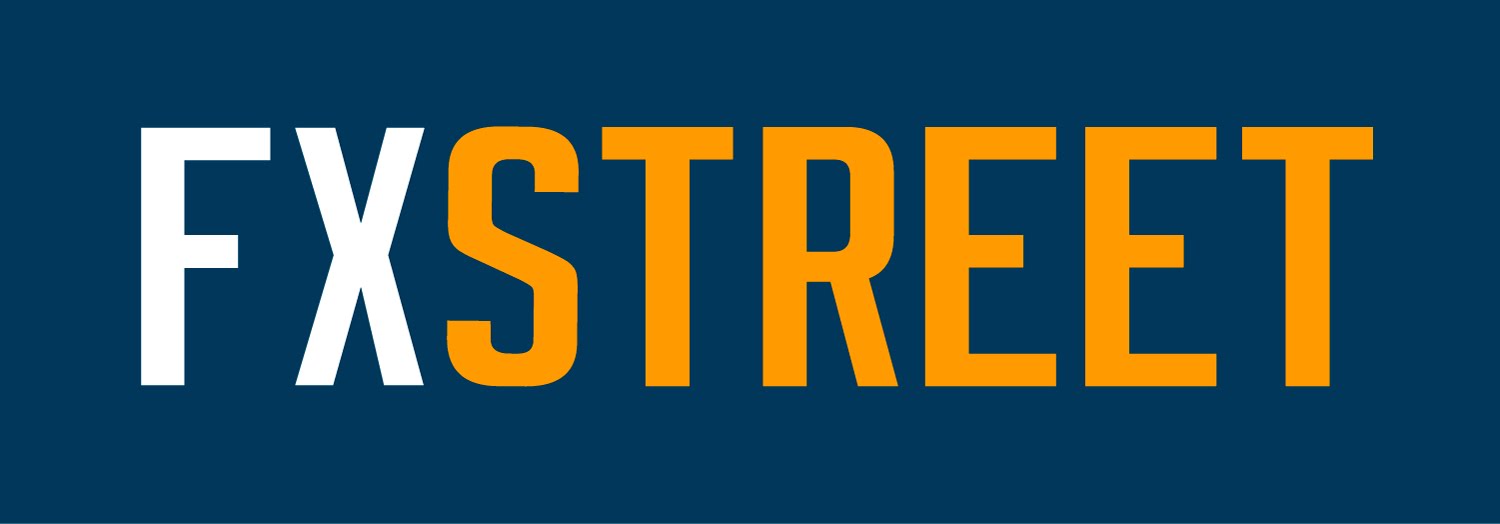USD/CHF weakens below 0.9000 ahead of Powell and Fedspeak
-
USD/CHF
loses
ground,
snapping
the
three-day
winning
streak
around
0.8970
on
Wednesday. -
Fed’s
Powell
noted
that
the
central
bank
is
moving
closer
to
feeling
comfortable
about
interest
rate
cuts. -
Political
uncertainties
and
geopolitical
risks
might
boost
the
safe-haven
asset
like
the
CHF.
The
USD/CHF
pair
trims
gains
near
0.8970
during
the
early
European
session
on
Wednesday.
The
downward
momentum
of
the
pair
is
supported
by
the
softer
Greenback
after
Jerome
Powell’s
Semiannual
Monetary
Policy
Report
on
Wednesday.
The
US
Federal
Reserve
Chair
Jerome
Powell
indicated
the
central
bank
is
moving
closer
to
feeling
comfortable
about
interest
rate
cuts.
He
further
stated
that
evidence
of
cooler
inflation
and
that
more
“good
data”
could
open
the
door
to
interest
rate
cuts.
The
financial
market
is
now
pricing
in
74%
odds
of
a
Fed
rate
cut
in
September,
up
from
71%
last
Friday, according
to
data
from
the
CME
FedWatch
Tool.
However,
the
Federal
Open
Market
Committee
(FOMC)
members
at
their
June
meeting indicated
just
one
cut
this
year.
The
expectation
of
a
Fed
rate
cut
might
exert
some
selling
pressure
on
the
US
Dollar
(USD)
in
the
near
term.
Traders
will
focus
on
the
weaker
Greenback
ahead
of
the
US
Consumer
Price
Index
(CPI)
inflation
data
on
Thursday
will
be
the
highlights
this
week.
The
US
CPI
is
estimated
to
show
a
rise
of
3.1%
YoY
in
June,
compared
to
a
3.3%
rise
in
May.
Core
inflation
is
projected
to
remain
steady
at
3.4%
YoY
in
June. Any
signs
of
further
consolidation
f
Grold
On
the
Swiss
front,
the
signs
of
cooler
inflationary
pressures
in
Switzerland
might
fuel
the
Swiss
National
Bank
(SNB)
to
continue
cutting
interest
rates
further,
which
is
likely
to
exert
some
selling
pressure
on
the
Swiss
Franc
(CHF).
Nonetheless,
the
downside
of
CHF
might
be
limited
amid
political
uncertainties
in
France
and
geopolitical
tensions
in
the
Middle
East.
Swiss
economy
FAQs
Switzerland
is
the
ninth-largest
economy
measured
by
nominal
Gross
Domestic
Product
(GDP)
in
the
European
continent.
Measured
by
GDP
per
capita
–
a
broad
measure
of
average
living
standards
–,
the
country
ranks
among
the
highest
in
the
world,
meaning
that
it
is
one
the
richest
countries
globally.
Switzerland
tends
to
be
in
the
top
spots
in
global
rankings
about
living
standards,
development
indexes,
competitiveness
or
innovation.
Switzerland
is
an
open,
free-market
economy
mainly
based
on
the
services
sector.
The
Swiss
economy
has
a
strong
export
sector,
and
the
neighboring
European
Union
(EU)
is
its
main
trading
partner.
Switzerland
is
a
leading
exporter
of
watches
and
clocks,
and
hosts
leading
firms
in
the
food,
chemicals
and
pharmaceutical
industries.
The
country
is
considered
to
be
an
international
tax
haven,
with
significantly
low
corporate
and
income
tax
rates
compared
with
its
European
neighbors.
As
a
high-income
country,
the
growth
rate
of
the
Swiss
economy
has
diminished
over
the
last
decades.
Still,
its
political
and
economic
stability,
its
high
education
levels,
top-tier
firms
in
several
industries
and
its
tax-haven
status
have
made
it
a
preferred
destination
for
foreign
investment.
This
has
generally
benefited
the
Swiss
Franc
(CHF),
which
has
historically
kept
relatively
strong
against
its
main
currency
peers.
Generally,
a
good
performance
of
the
Swiss
economy
–
based
on
high
growth,
low
unemployment
and
stable
prices
–
tends
to
appreciate
CHF.
Conversely,
if
economic
data
points
to
weakening
momentum,
CHF
is
likely
to
depreciate.
Switzerland
isn’t
a
commodity
exporter,
so
in
general
commodity
prices
aren’t
a
key
driver
of
the
Swiss
Franc
(CHF).
However,
there
is
a
slight
correlation
with
both
Gold
and
Oil
prices.
With
Gold,
CHF’s
status
as
a
safe-haven
and
the
fact
that
the
currency
used
to
be
backed
by
the
precious
metal
means
that
both
assets
tend
to
move
in
the
same
direction.
With
Oil,
a
paper
released
by
the
Swiss
National
Bank
(SNB)
suggests
that
the
rise
in
Oil
prices
could
negatively
influence
CHF
valuation,
as
Switzerland
is
a
net
importer
of
fuel.


Leave a Reply